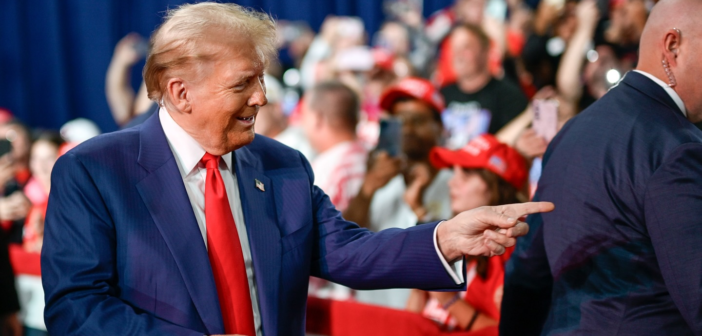By Hannah Lynn, World News Editor
When voting–especially during the presidential election–many citizens may face an important question: With millions of registered voters in the United States, does my vote truly count in terms of determining who becomes president for the next four years?
This concern is also present at the state level, where citizens consider who represents them in state legislatures, and even at the local level with town and city commissioners. This question, though, is amplified during the federal vote for president.
This concern arises from the fact that American citizens do not directly elect the president. The U.S. presidential voting system relies upon the Electoral College. Essentially, Americans cast their votes for the candidate they believe would be the best president, and based on these results, electors are likely to vote in favor of the candidate that the state’s citizens support.
The concept of the Electoral College was established in Article II of the U.S. Constitution by the framers, including Alexander Hamilton. This article outlines the executive branch and its duties, detailing the various roles of the president.
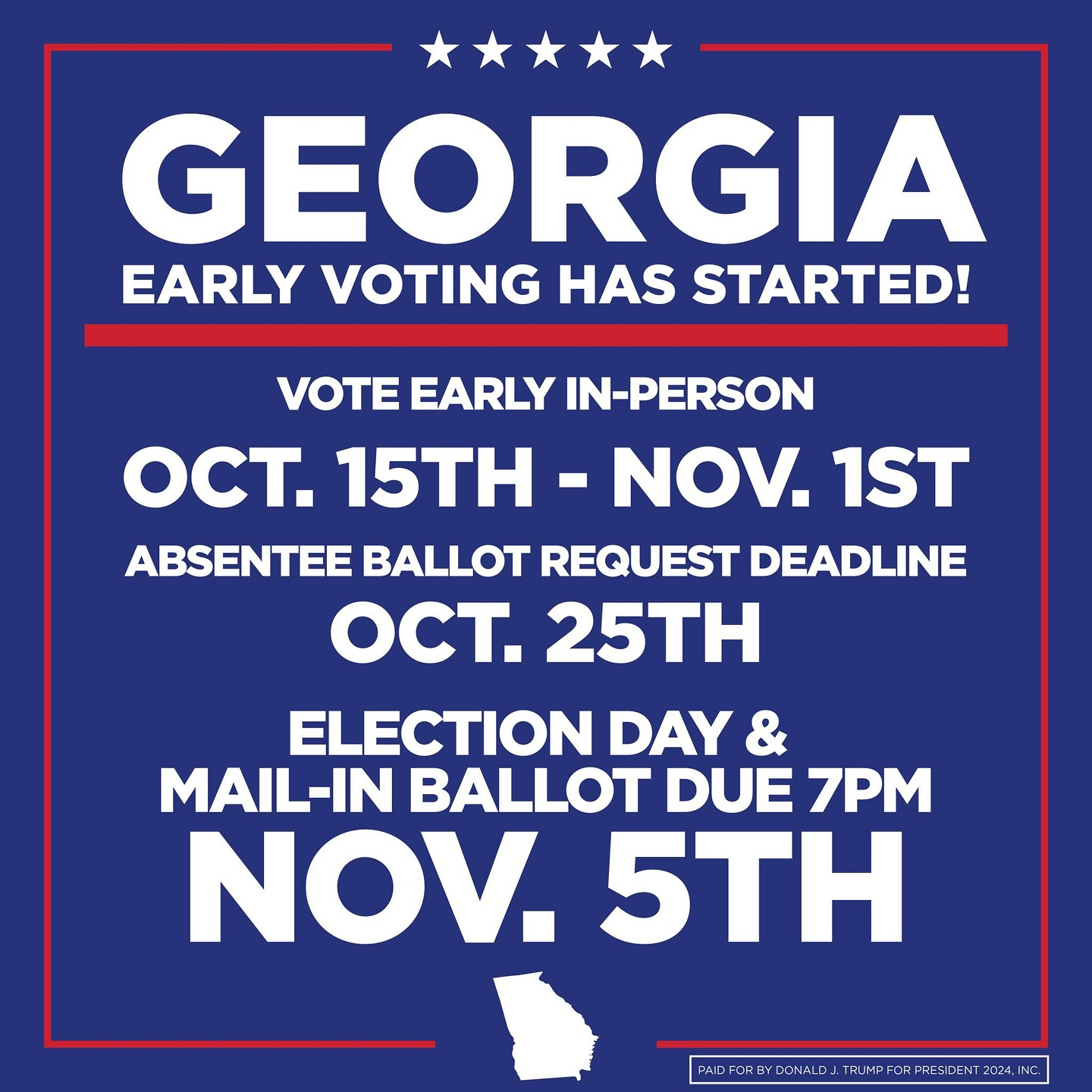
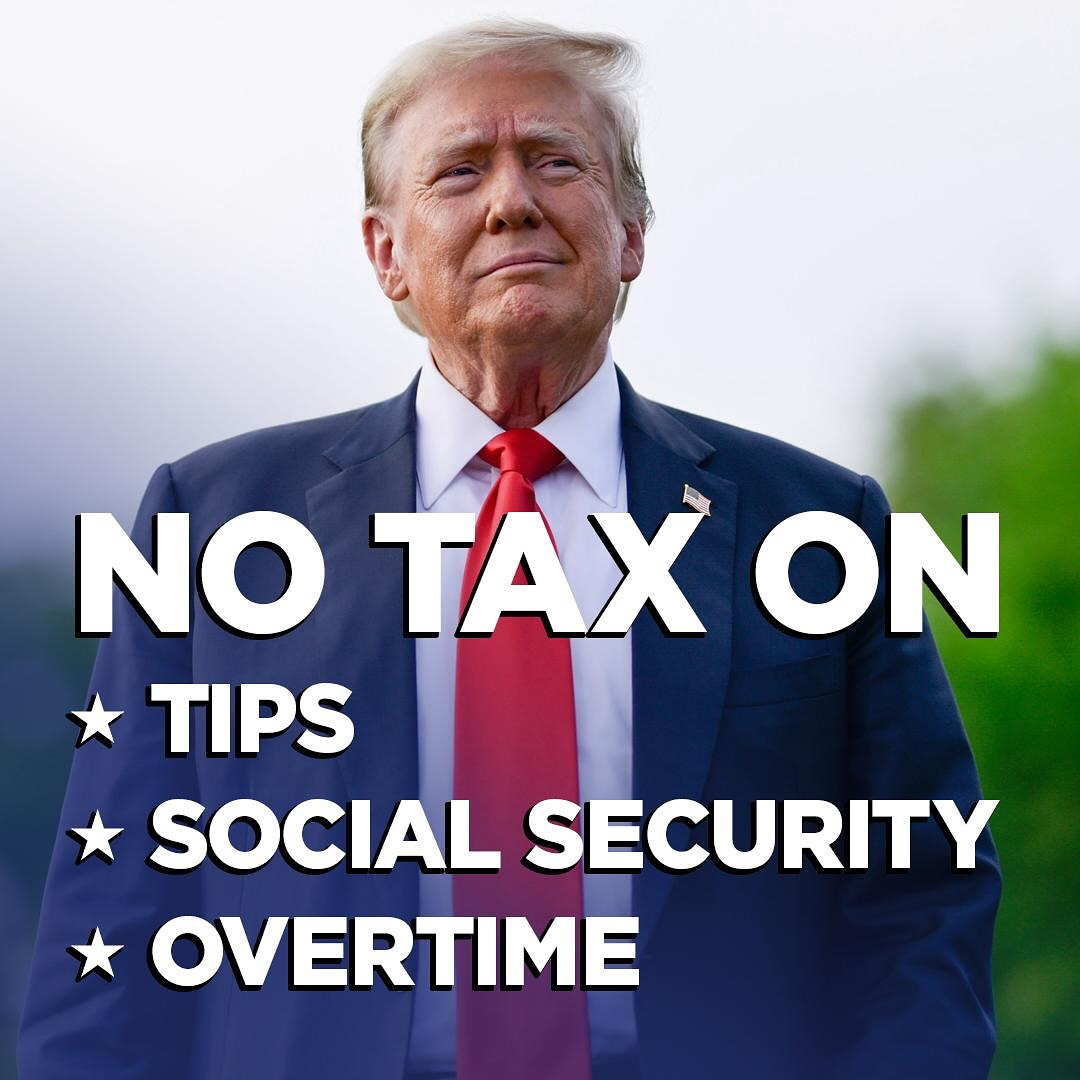
(Photos were taken from Instagram @realdonaldtrump)
Regarding the Electoral College, the framers wrote in the Constitution, “The Electors shall meet in their respective States, and vote by Ballot for two Persons, of whom one at least shall not be an Inhabitant of the same State with themselves. And they shall make a List of all the Persons voted for, and of the Number of Votes for each, which List they shall sign and certify, and transmit sealed to the Seat of the Government of the United States, directed to the President of the Senate.”
In a modern context, the Electoral College electors give voice to the wishes of the citizens they represent. These electors are selected by the state party and voted in by the citizens, giving voters a say in who their electors are. During elections, citizens cast their votes, and the electors typically cast their vote based on the party direction based upon those votes. Although faithless electors may choose to vote differently, this is uncommon, allowing citizens multiple opportunities to express their choices.
Regarding representation in the Electoral College, a state’s electoral votes are based on the number of members that it has in the House and the Senate; for example, California has 54 electoral votes, while Georgia only has 16 electoral votes due to differences in population size.
Due to this electoral system, many Americans feel their votes may not matter, especially if they live in a non-battleground state that is strongly red or blue. This is one of two major criticisms the Electoral College faces today.
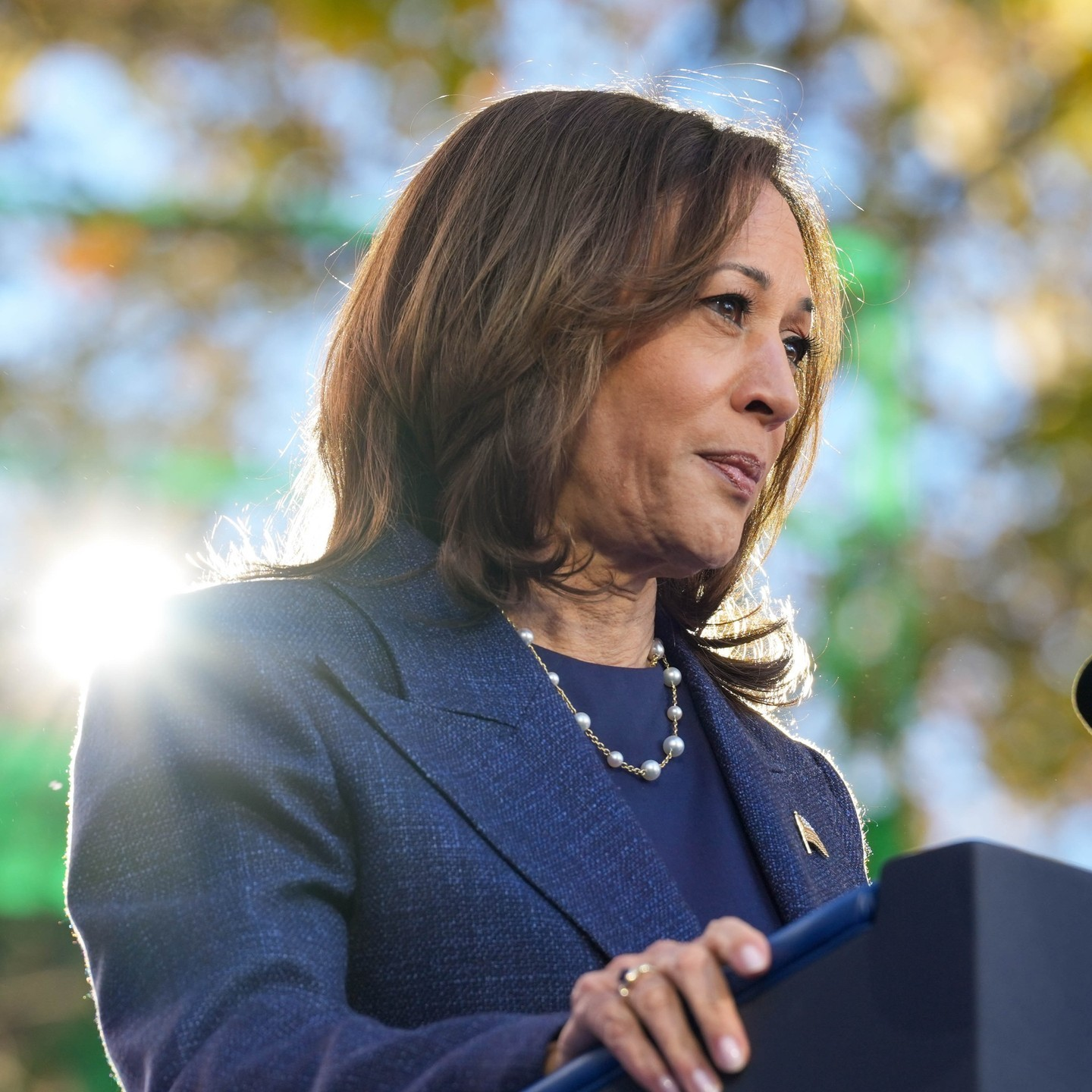
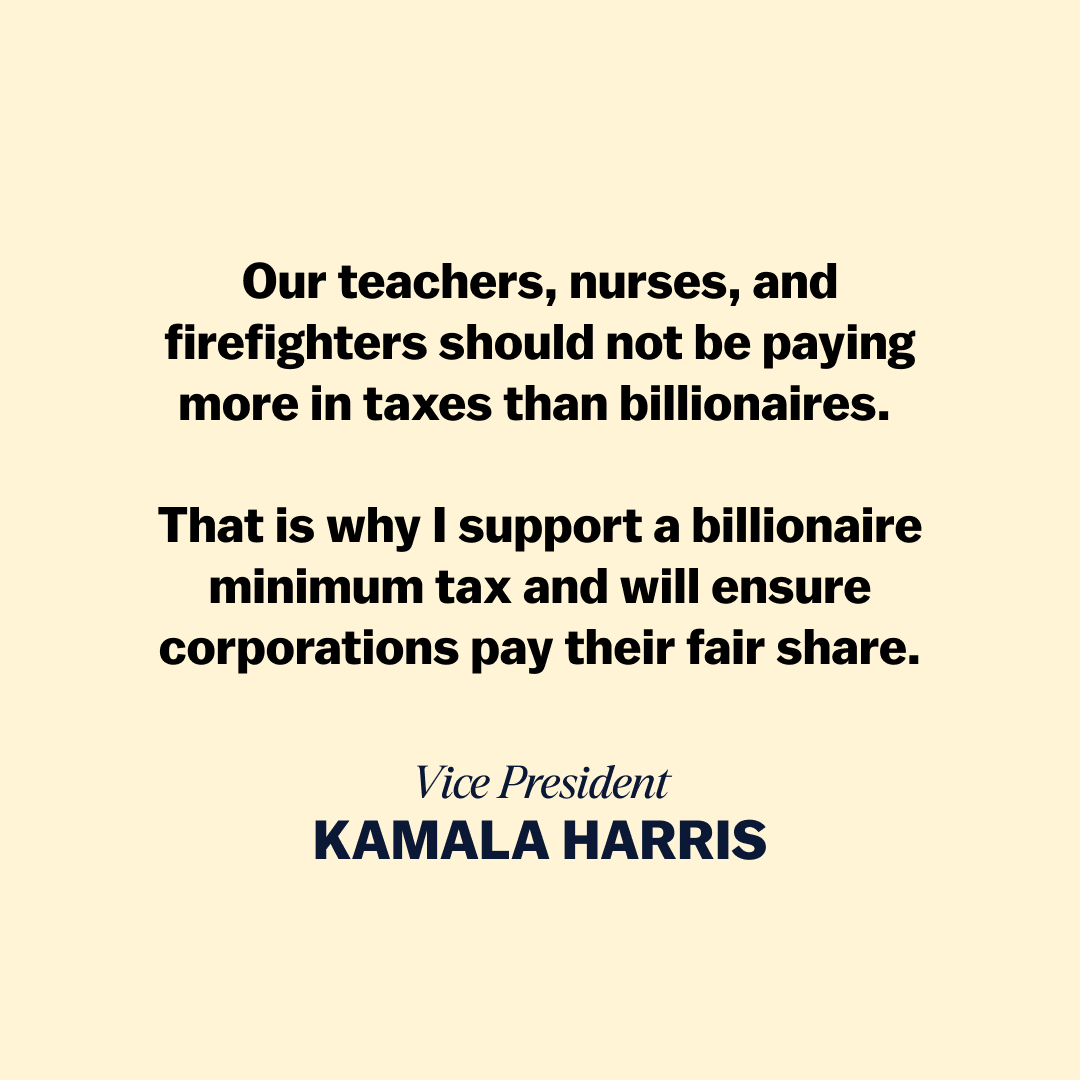
(Photos were taken from Instagram @kamalaharris)
Even though it may take time, voting for what one feels is best for the state and what they truly believe in–rather than voting for the candidate perceived to be the likely winner in a specific state–can start a movement. One vote can inspire other people to stand up for what they believe in, demonstrating that there are more people with similar views. This shows that even a single vote can matter in starting a movement.
The concern of “losing” in an election is something many voters and candidates face–not only at the federal level, but in every election. Unfortunately, someone loses, and in recent polarized times, the margin of loss that candidates face has become increasingly narrow, highlighting how every vote matters and can have a significant impact.
The importance of even one more vote can be demonstrated here at Saint Leo. In the most recent election for town commissioners, seat five was decided by a whopping one vote, illustrating how one individual determined the fate of the commission and the impact that a single vote can have.
“Yes… I think my vote counts…. if enough people vote a certain way, although they may not win, it’s showing a message that a lot of people think like that or believe in a certain position. Your vote is counting because your voice is being heard, and we are the most important part of democracy,” says Emily Shute, a junior majoring in political science major at Saint Leo University.

Even though there are many people voting in this election with diverse political beliefs, a citizen’s vote is typically reflected through the Electoral College, as electors often align with the popular vote of the state. While it may not be the deciding vote, every single vote still does matter, so get out and vote, Lions!

